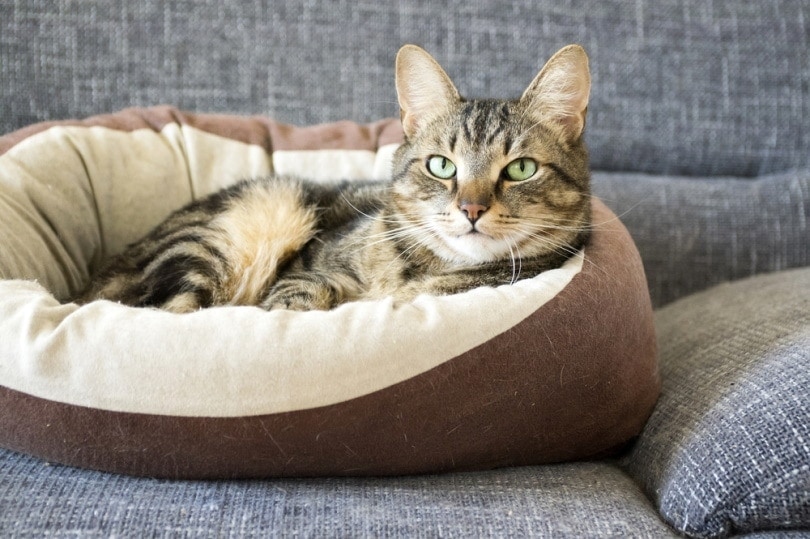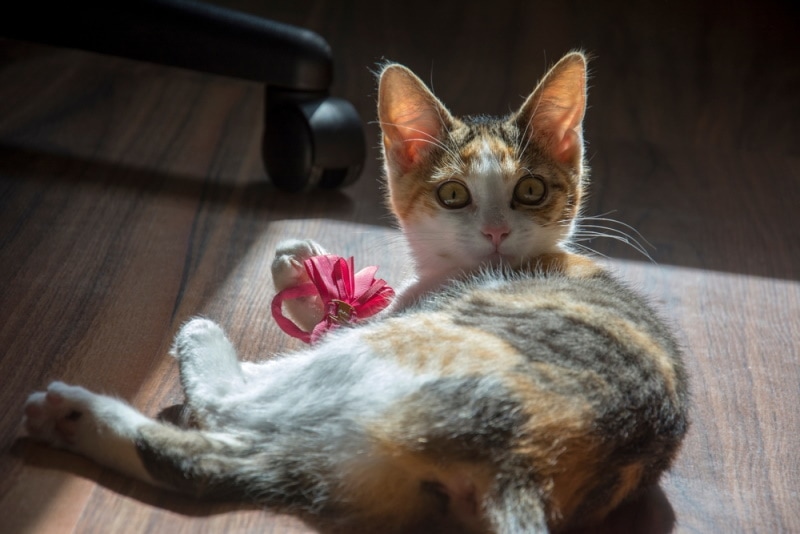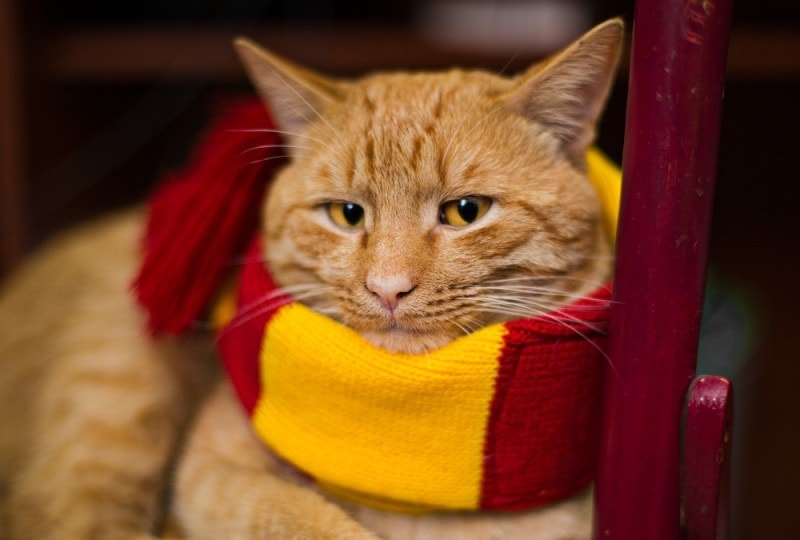Can Cats Eat Honeydew? Nutritional Facts & Safety Guide
Updated on
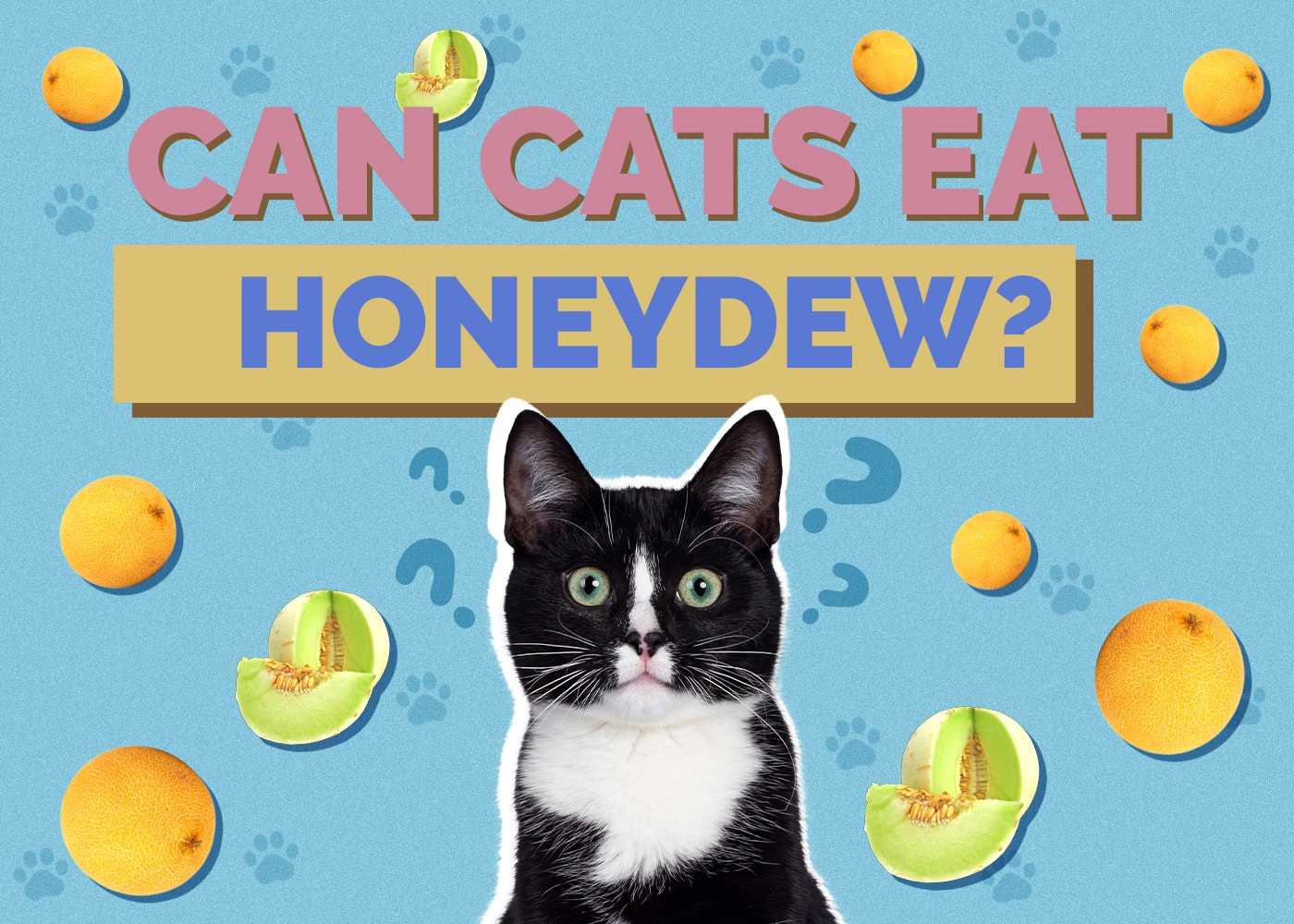
If your cat seems interested in some of the foods that you eat, you might start researching what is safe for your cat to munch on. Most cats don’t seem to be overly interested in fruit, but if your cat seems invested in your honeydew melon, you’re probably wondering if it’s okay for your cat to eat.
The good news is that, yes, honeydew is quite safe for cats. But keep in mind that it isn’t meant for cats, so it should only be given in moderation.
Here, we go into more detail about the benefits of the honeydew melon in general and any benefits that it can have for cats. We also look at how much honeydew melon is safe for a cat.
All About the Honeydew
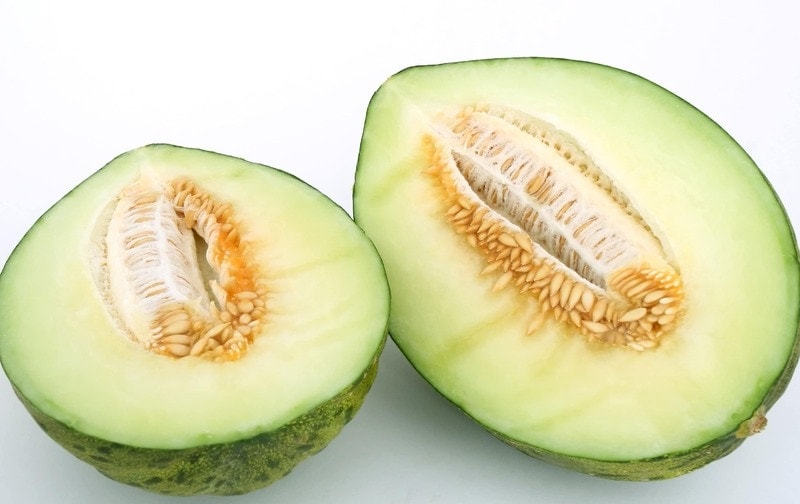
The honeydew melon belongs to the muskmelon family (Cucumis melo) and is commonly grown in France as the White Antibes. It has a yellowish-white skin that is relatively similar in appearance to the cantaloupe but has light green flesh that is quite sweet and tasty.
It is commonly eaten in fresh fruit salads, as well as in soups, desserts, or just as a small snack all by itself. Beyond its sweet flavor, it’s full of all kinds of vitamins and minerals, including vitamin C and antioxidants like beta-carotene.
It also has several health benefits for humans:
- Contains vitamin K, magnesium, and folate for bone health
- Hydrates because it has 90% water with electrolytes
- Helps reduce blood pressure
- Boosts the immune system
- Improves blood sugar levels
- Promotes eye and vision health
- Aids with digestion
- Supports healthy skin
The honeydew is a delicious fruit and a healthy snack that can benefit people in numerous ways. But now we look specifically at how honeydew can affect cats.
Cats and Honeydew
The ASPCA has placed the honeydew in the clear for pets, and it’s classified as non-toxic to cats. That said, while we humans can benefit from eating honeydew, cats don’t necessarily gain much nutritional value from it.
The only aspect of the honeydew that could positively affect a cat is hydration. Honeydew melons are made up of 90% water, which includes electrolytes, so your cat can gain some benefit from this.
They might also benefit from a few of the vitamins, minerals, and antioxidants found in the honeydew, but they do better with a diet designed for cats.
A Cat’s Diet
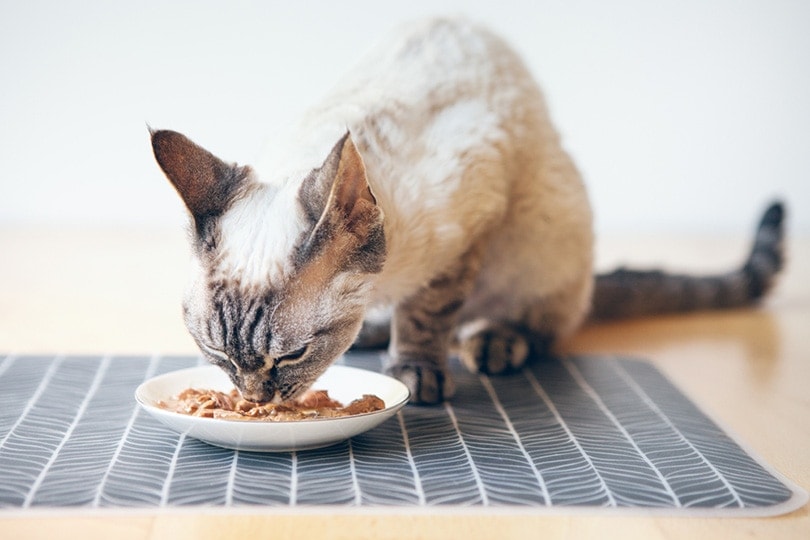
Cats have been classified as obligate carnivores, which means they get most of their nutrients from animal protein. This family of carnivores includes our beloved domestic cats and big cats like lions, tigers, and leopards.
Obligate carnivores can’t properly digest plant matter. They also don’t draw any real nutritional value from vegetables or plants. More specifically, they can only get their required vitamin A from an animal’s liver and not from a plant source.
It’s always best to give your cat food that has been made quite specifically for cats because it contains the right balance of minerals and vitamins and the all-important animal proteins..
Preparing the Honeydew for Cats
First, you should always remove the skin and the seeds of the honeydew before giving any to your cat. If a cat eats the skin, it can potentially cause a blockage in a cat’s intestines, which might require surgery to remove. Plus, it could be a choking hazard. The seeds aren’t toxic, but your cat would probably have a hard time digesting them.
You could put a little honeydew juice in a bowl or give your cat a tiny piece to chew on. Just be sure to only provide small pieces to avoid them becoming choking hazards.
Just remember that while honeydew is safe for cats, it shouldn’t become a regular part of their diet.
Now that you know what you can safely feed your cat, it’s just as important to find a bowl that supports their health and well-being. With whisker-friendly bowls and a wide tray to catch any spills, our Hepper NomNom Cat Bowl is our favorite option.
Conclusion
Honeydew is perfectly safe for your cat, but only in small amounts—too much could end up causing stomach upset. However, keep in mind that most cats won’t care for honeydew. Cats aren’t capable of tasting anything sweet, so they won’t usually seek it out.
Speak to your veterinarian about your cat’s diet if you’re thinking about changing it or adding something new. This way, you’ll know how to approach any changes. Since giving kitties honeydew on a regular basis doesn’t benefit them, it’s probably best if you don’t. But if your cat sneaks a little honeydew off your plate, it should be just fine, and they might even enjoy it.
Related Reads:
- Can Cats Eat Carob Chocolate Substitute? What You Need To Know!
- Can Cats Eat Cantaloupe? Vet-Reviewed Nutritional Facts & FAQ
Featured Image Credit: Dennis, Pixabay




